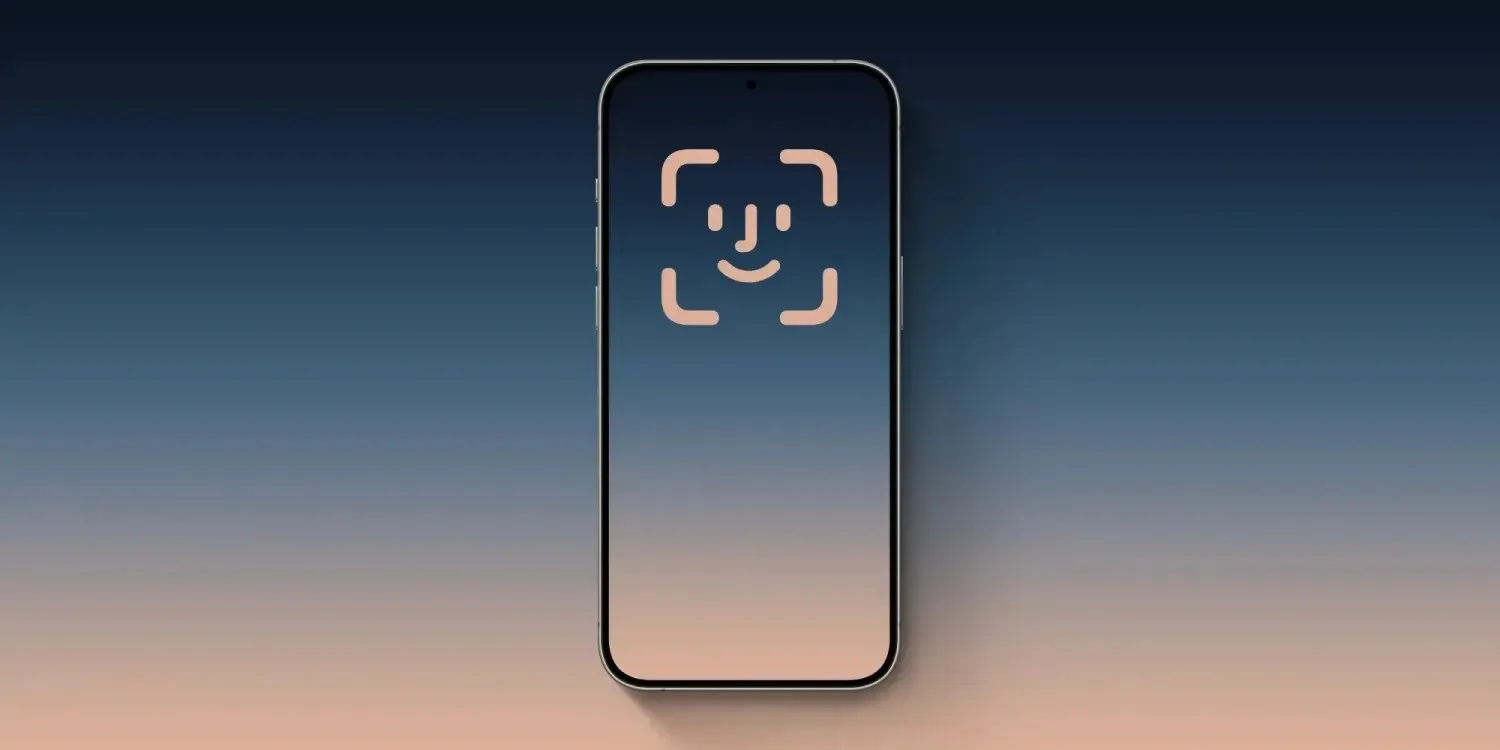 642
642
 2024-07-26
2024-07-26

We’ve noted the contradictory and hard-to-parse rumors about a new iPhone 17 Slim, with some suggesting it will be the top-end model while more recent reports indicate that it may be less powerful than the Pro models.
The more I read about this device, the more it sounds like Apple may be aiming to get yet another step closer to that vision of “a single slab of glass” – and making another attempt at a strategy it first tried with the 12-inch MacBook …
The iPhone 17 Slim rumor mill
Things kicked off back in April when noted display analyst Ross Young suggested an upcoming change to the Plus model in the iPhone 17 line-up. At that point, he suggested the new model would have a smaller screen size than previous Plus models.
The following month, Jeff Pu was suggesting that the Plus would in fact be replaced by a new model, which was tagged the iPhone 17 Slim. At this point, it still seemed to sit below the two Pro models, with the same processor and RAM as the base model.
A subsequent report, however, painted a somewhat different picture. The Information suggested that this would instead be a new ultra-high-end model, priced above the Pro Max.
But a further report, from a reliable source, returned to the idea of the Slim having lower specs than the two Pro models, and just yesterday Kuo suggested it may have just a single rear camera. All of this led my colleague Ryan Christoffel to wonder just what on earth is going on?
Remembering the 12-inch MacBook
We haven’t quite been here before, but Apple has previously dipped a toe in these waters with the 12-inch MacBook.
Launched back in 2015, this too was a kind of weird positioning – priced above the MacBook Air, but with a poorer CPU, worse GPU, no MagSafe charging, just a single USB port, and no Thunderbolt support.
It was, however, the smallest and lightest MacBook in the range, and was undeniably cute. Even I tried very, very hard to find an excuse to buy one (before admitting defeat).
Personally I viewed it as kind of the MacBook Exec: Aimed at someone who wanted the most stylish and portable MacBook for undemanding tasks like email, web browsing, and writing – and was willing to pay a premium for the design alone.
Ultimately, it’s unclear how successful the machine was. It stuck around for four years before Apple quietly killed it in 2019, but that doesn’t mean that a similar approach couldn’t work with iPhone.
The next step toward that ‘single slab of glass’
Apple has long been chasing that ultimate vision of the iPhone as “a single slab of glass.” Invisible bezels, under-screen Face ID module, under-screen front camera. Each generation since the iPhone X has seen the company creep ever closer toward that.
What if the iPhone 17 Slim represents the next step forward here? Not just slimmer, but with other visible design enhancements. Maybe the bezels are also the slimmest ever? Perhaps the Dynamic Island is smaller? Or maybe this is the model where the company finally manages to put the Face ID module beneath the display?
We all look for different things from our iPhones, and all have different justifications for buying the premium models. If you’re into mobile gaming, you want the fastest processor and ProRes display. If you’re into photography, you want the best cameras. And so on.
But we shouldn’t forget that techies, with techy reasons to buy the top-end model, are very much in the minority here. I wouldn’t mind bettering there’s a sizeable chunk of the market that automatically buys the top-end iPhone just because it’s the top-end iPhone.
Give them an iPhone which is slimmer, sleeker, and more minimalist than anything else in the line-up, and there will be plenty of people lining up to give Apple their money – without having the slightest interest in counting either the cameras or the clock speed.
Source: 9to5mac